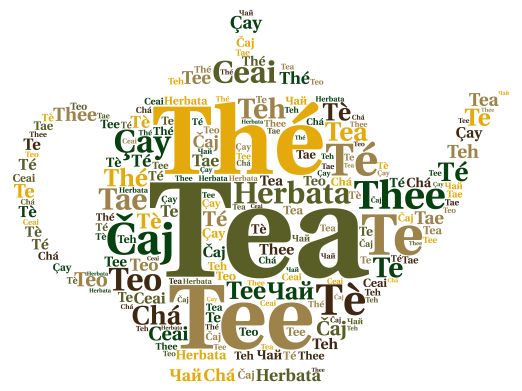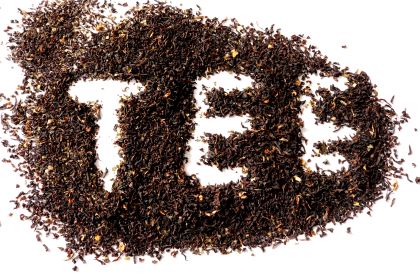It is always good to be aware of the cultural connotations that are associated with certain words. A word’s meaning can vary from culture to culture, and even from time period to time period. Tea is a perfect example of the many instances in which a word can have different meanings depending on the gender of the person using it. In German, German tea can refer to either tea for women or tea for men. Both these meanings are common in German, and are often mixed up with each other. Let’s find out about the gender behind the word tea in the German language.
The Word Tea in German
Tea is not the official word for this plant in German, however it is in many dictionaries. The word tea is a loanword from English, but it has not been imported into German language. In Germany the common name for tea is Teezerei, and it is a synonym for “tea” or “tea leaves”. They use Tee for short.

The word tea has been present in the German language since at least the 14th century. The first known use of this word was in 1462. In 1539 a translation of a French book on the subject was published. There are no records of the actual use of this word in written German before that time though.
During the 18th century and early 19th century it became popular to drink tea as a beverage and many new words were created to describe this habit, including Teetasse (drinking vessel), Teekanne (a small pot for making tea) and Tee (a name for all types of tea). Even today these words are still used today when referring to something which contains or is made from tea leaves.
Is Tea Masculine or Feminine in German?
German is an inflected language, which means that all nouns have endings that indicate gender. The word “Teemisch” means “tea pot,” but the word “Tee” has a feminine ending and the word “Teemisch” has a masculine ending. German words have many more endings than English words do, so in this case, the gender of a German noun depends on the ending it has, not on its meaning.
In German, there are many different types of tea. Most of them are marketed under the masculine term Tee. This can make things a little confusing for English speakers. If you look at the top five varieties of tea in Germany, you’ll see that all of them are labelled as “Tee” in English, but the differences in meaning make them more suited to the feminine term Teewein or Teeweine (depending on whether they’re green or black).
Some tea shops in German use both masculine and feminine terms interchangeably. Some examples: Der Tee (masculine) is often used to refer to herbal teas like ginseng tea or elderflower tea. Der Tee (feminine) is used for herbal teas like chamomile tea and camomile tea. Der Tee (masculine) is often used to refer to traditional teas like Assam black tea and Earl Grey black tea. Der Tee (feminine) is often used to refer to other kinds of teas like rooibos tea and rooibos latte.


